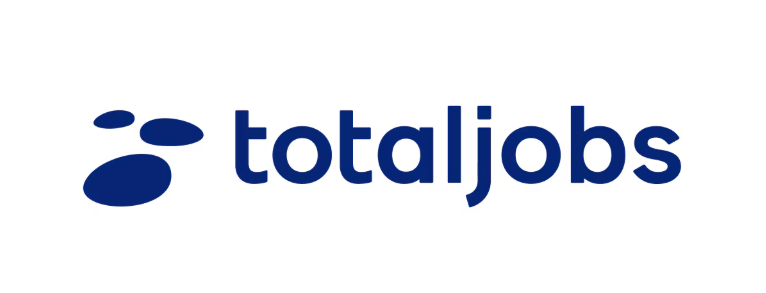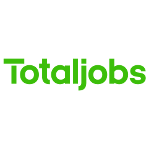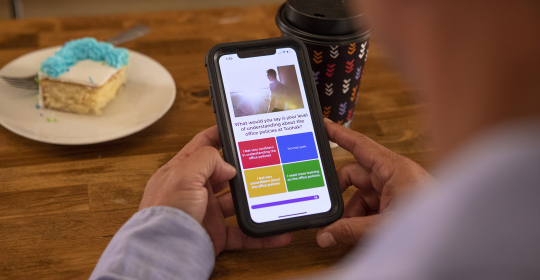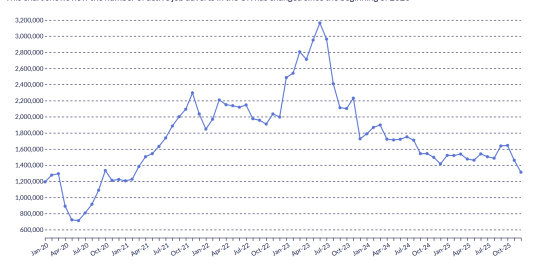The UK’s hiring system is losing serious ground to inefficiency. According to new research from Totaljobs, recruiters spend an average of 17.7 hours per vacancy on manual admin tasks, equivalent to more than two working days per hire, or 8450 hours a year across typical workloads – posing a risk to business growth.
That’s approximately £17.000 annual cost per recruiter in lost productivity, based on average salaries. As the government pushes for labour market reforms and productivity growth, the experts at Totaljobs warn that hiring inefficiencies are acting as a critical productivity barrier.
“If we want a more productive Britain, the hiring gridlock is in serious need of fixing.” said Nicola Weatherhead, Vice President of People at Totaljobs (part of The Stepstone Group). “Every hour recruiters spend on admin is time lost on strategic work, and risks putting off good quality candidates who won’t wait. Solving this is essential for growth.”
Hiring Held Back by Admin
The data, based on responses from 748 HR leaders and 2,025 UK jobseekers, highlights the admin tasks are routinely slowing recruiters down:
- 3.6 hours per vacancy reviewing applications
- 2.5 hours per vacancy scheduling interviews
- 3 hours per vacancy processing post-interview notes
The vast majority of recruiters (72%) say screening a high volume of irrelevant applications is one of the top reasons recruitment is slowed down. This is closely followed by waiting for feedback from stakeholders (71%) and performing manual tasks such as data entry (61%).
Across four vacancies a month, this equates to nearly 850 hours of admin per recruiter per year, an inefficiency cost that’s draining productivity.
Candidate Experience Suffers as a Result
While admin drains internal productivity, it’s also costing companies talent. 28% of jobseekers say they’ve dropped out of a hiring process altogether, due to unclear communication, delays, or too many interview rounds.
The research also highlighted what candidates expect during the job application process:
- Over two thirds (77%) would like access to a tracker where they could track their application status
- Nearly two in five (39%) expect more transparency about role requirements
- Over a third (34%) demand faster feedback
- 30% would like the overall process to be shorter
The AI Efficiency Opportunity
To address these inefficiencies, a quarter of recruiters are now using AI to help with tasks like CV screening, interview scheduling and feedback delivery. More than three-quarters (77%) believe AI can help improve hiring efficiency.
But adoption isn’t yet universal, with top barriers include:
- Lack of awareness: 37% are unfamiliar with AI tools
- Trust concerns: 24% don’t believe AI will make fair decisions
- Tech integration issues: 23% say current systems don’t support AI
“There’s untapped value in innovating the hiring process,” said Weatherhead. “With the right tools, recruiters can work faster, hire better, and deliver the kind of candidate experience that keeps top talent engaged.”
Five Smart Fixes for Faster Hiring
To cut costs and time-to-hire, Totaljobs recommends the following tips for hiring teams:
- Write clear, transparent job ads to reduce irrelevant applications
- Use pre-screening questions to filter out unsuitable candidates
- Reduce the number of interview rounds, to mitigate interview fatigue for all parties
- Invest in self-scheduling tools to remove the burden of logistics and diary coordination
- Automate documentation, feedback input, and scheduling support to reduce the manual workload post-interview
A Call to Action
As businesses navigate ongoing budget pressures, labour shortages and growing expectations from talent, hiring efficiency is no longer a nice-to-have – it’s a growth enabler.
“The UK can’t afford to lose time or talent,” said Weatherhead. “Fixing recruitment isn’t just about HR, it’s about national productivity. These recruitment setbacks are not only frustrating for candidates but also waste valuable time for employers – it’s a lose-lose situation. Technology, especially AI, offers a real opportunity to transform recruitment into a smarter, more human-centric experience for everyone involved.”
Further details on the survey, and how recruiters are responding can be found here: https://www.totaljobs.com/recruiter-advice/whats-slowing-down-your-hiring







